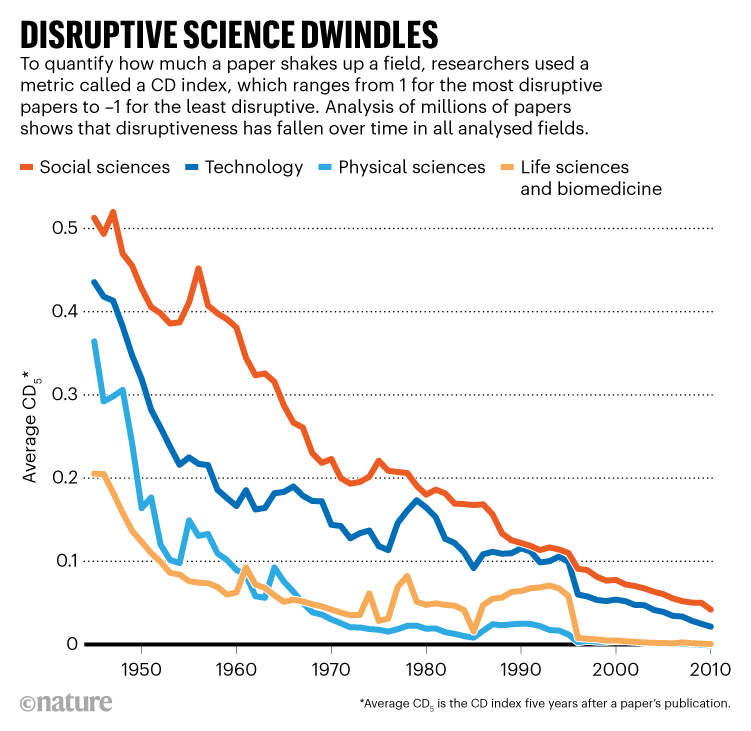An interesting article from nautil.us about the our quest for truth machines and AI in general and they keep not meeting the mark and where they breakdown. Perhaps the missing key ingredient is – reason.
spoiler excerpt from the article: “…. In fact, the LLMs of today are missing something even Llull and Leibniz believed was essential to their machines: reason. While language models can use logic to some extent, they make many of the same reasoning mistakes humans do, being trained, as they are, on our data. But unlike humans, language models can’t self-correct to come to a better answer—in fact, reflection seems to make their performance worse, as researchers at Google DeepMind discovered.
In the end, truth machines haven’t progressed much from Llull’s Ars Magna. The 13th-century zealot hoped to automate truth to dispel people’s uncertainty—instead we’ve automated the uncertainty. Perhaps the elusive truth about the universe does lie in the baroque, feverish ramblings of Llull’s Ars Magna, if only somebody could decipher it. Just don’t ask ChatGPT. “
More of this here: [The Link]

